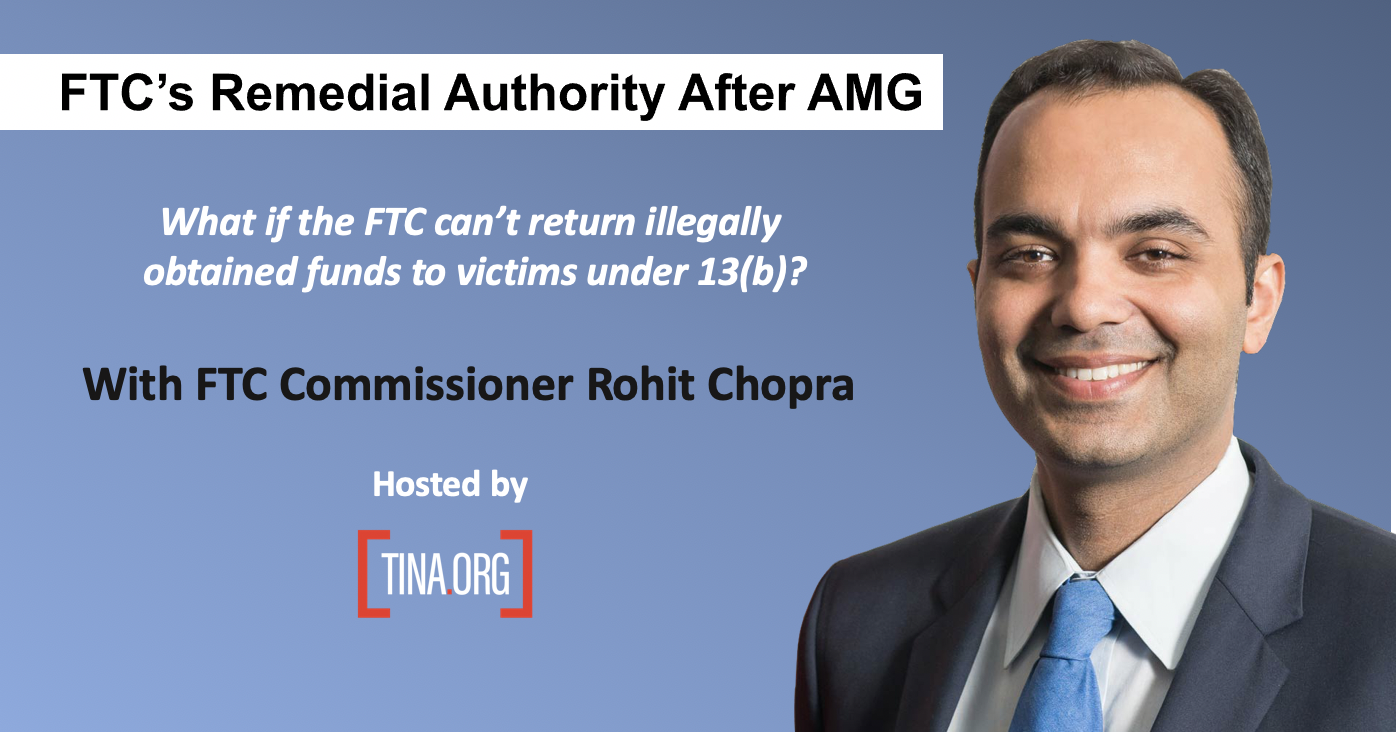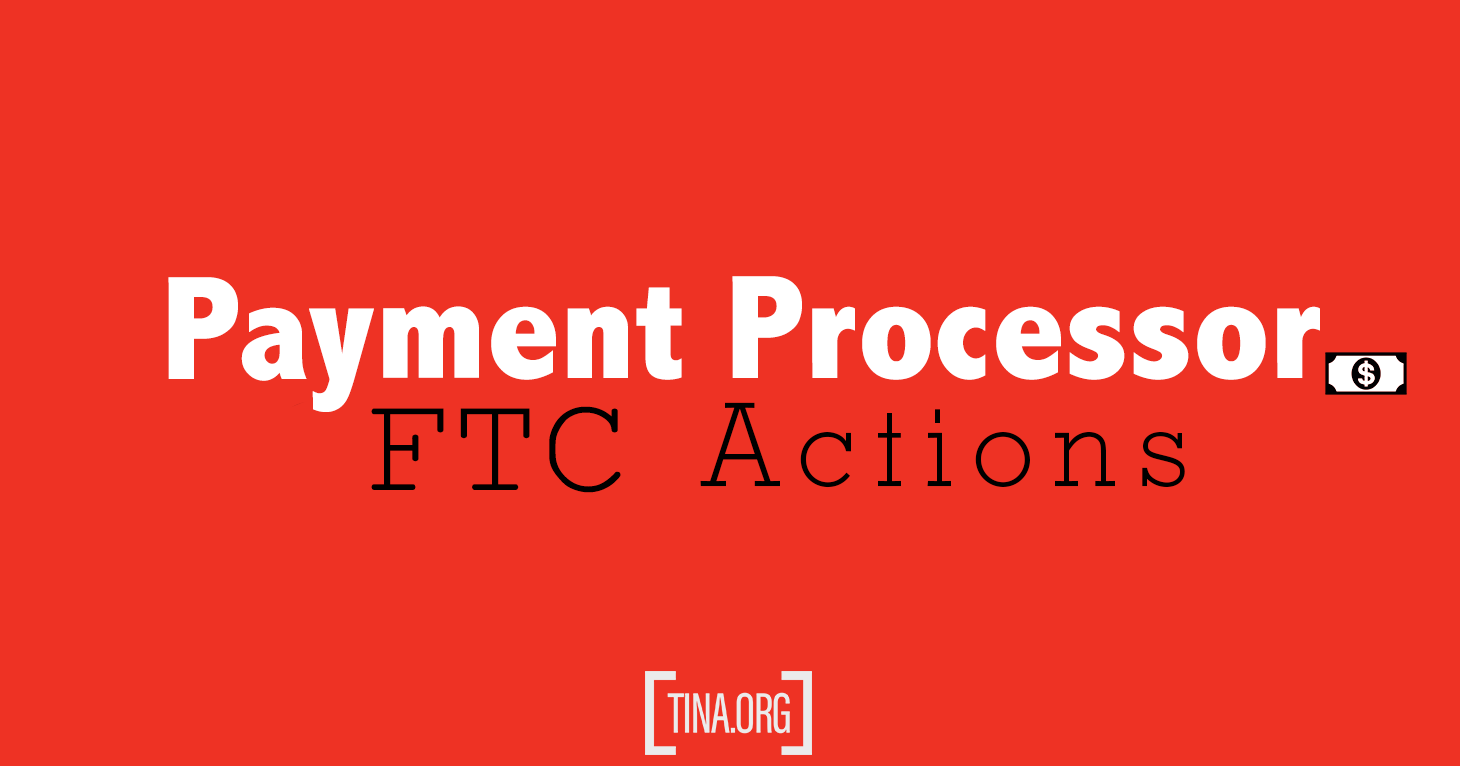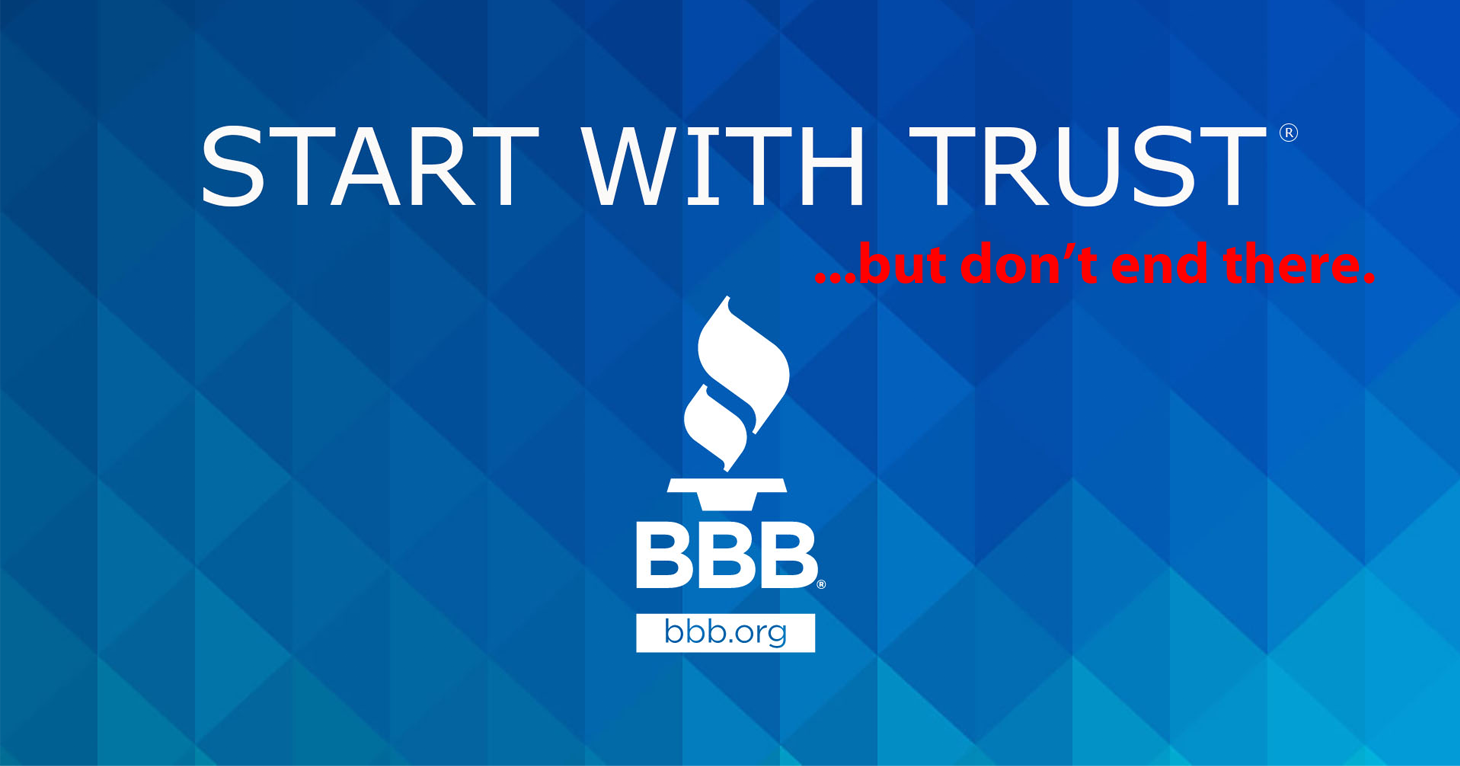
TINA.org Webinar: FTC’s Remedial Authority After AMG
In case you missed it, watch the webinar with FTC Commissioner Rohit Chopra.
You can do your own taxes.
The tax deadline is fast approaching, and H&R Block’s ads may seem tempting for last-minute filers. “Don’t do your own taxes!” they advise, and “reclaim your billion dollars, America!”
One commercial in particular wants to make sure you don’t get any big ideas about your ability to fill out forms because apparently you are almost probably terrible at it.
“Nearly half the tax returns people did themselves last year were inaccurate,” says the pool boy to the woman lounging in her chair. But notice that this claim comes with this fine print at the bottom of the screen:
H&R Block also claims (according, again, to its own studies) it can help one in five people with self-prepared tax returns find more money.
H&R Block provides some numbers to back up its statements, but its glass is half full. The other side of these statistics—which H&R Block generated in the first place—is that more than half of self-prepared tax returns were accurate, and four in five people (or 80%) could not find more money with H&R Block’s services.
TINA.org asked H&R Block for the studies but the company did not send them, only saying in an email:
Specific details of our marketing campaigns are proprietary, but the Get Your Billion Back, America campaign is based on a Second Look study conducted by H&R Block in 2013.
Lawsuits say H&R Block isn’t always thorough.
If that’s not a compelling reason for caution, consider also that the company in 2013 faced quite a few class-action lawsuits, most involving education-credit form 8863. Allegedly, H&R Block fails to fill out form 8863, sometimes leaving refund money on the table, and they do not provide the promised refund for the error.
Impatience is expensive.
One of H&R Block’s promoted products is a Refund Anticipation Check (RAC). Up until a few years ago, H&R Block and other financial institutions offered something called Refund Anticipation Loans (RALs), which gave customers a quick, short-term loan secured by the amount of their anticipated refund with interest and other fees due upon the receipt of the actual IRS refund. This was a tempting deal because people could get their money faster than if they waited for the IRS, but the loans were inordinately expensive. Federal regulators cracked down on rapid refunds, or refund anticipation loans, and banks can no longer offer RALs on a large-scale nationwide basis. (However, you can still get them at fringe operations such as pawn shops, where many unbanked people do their financial business—not recommended.)
H&R Block now advertises RACs instead. RACs allow people to get a check for the anticipated amount of their tax refund within a few days while they wait the standard one to three weeks to receive their actual refund. H&R Block subtracts money from the anticipated refund in fees, including H&R Block’s tax-preparation fee (which you cannot get a quote for ahead of time but can cost several hundred dollars), $34.95 for a federal RAC and $13 for a state RAC, and another $20 if you want the money in check form.
According to the National Consumer Law Center (emphasis added):
Since the main purpose of a RAC is to defer payment of the tax preparation until the refund arrives, it can be viewed as a high-cost loan of that fee. If a taxpayer pays $30 to defer payment of a $200 tax preparation fee for 3 weeks, the annual percentage rate (APR) is 260%. Two courts have held that a RAC constitutes a loan of the tax preparation fee, and thus the fee is a finance charge under the Truth in Lending Act.
H&R Block also suggests you get your RAC money on its Emerald Prepaid Mastercard, which comes with fees. If you’re looking to get as much of your refund as possible, you’re better off waiting a couple weeks for your actual refund and then depositing it into a savings or checking account; if you need money immediately, one better option is to use a regular credit card. You’d likely come out ahead even with a high Annual percentage rate; the amount of interest charged to a credit card, loan or mortgage account balances annually. and a cash-advance fee.
If you don’t like paying for something you can get for free, don’t pay for this.
Say you’re a working mom, and you’re taking classes to get ahead in your career. Here’s a hypothetical example of how filing your return could have played out if H&R Block did it vs. if did it yourself.
| H&R Block | You | |
| Preparation fee | $200 | $0 |
| Money from education credit | $0 | $1,000 |
| Refund Anticipation Check fees | $34.95 | $0 |
| Emerald Prepaid Mastercard fees(if you incurred all of them just once over a year) | $54.40 | $0 |
| Refund Amount | $710.65 | $2,000 |
(This example is based on the anticipated refund being $1,000 without the education tax credit.)
Free filing help
Low– to middle-income taxpayers (i.e., the majority of H&R Block’s customers) have better, freer alternatives:
For more information on H&R Block, see our past coverage.
In case you missed it, watch the webinar with FTC Commissioner Rohit Chopra.
A review of lawsuits the FTC has filed against companies and individuals that process credit and debit card transactions.
Researching a company shouldn’t be one-stop shopping.

